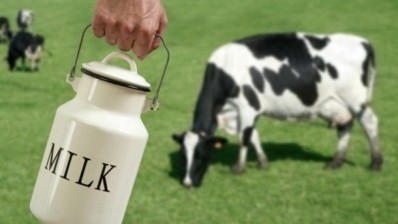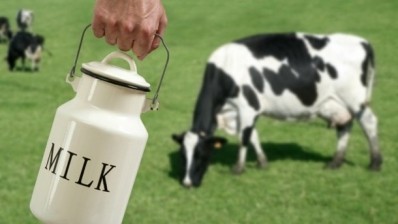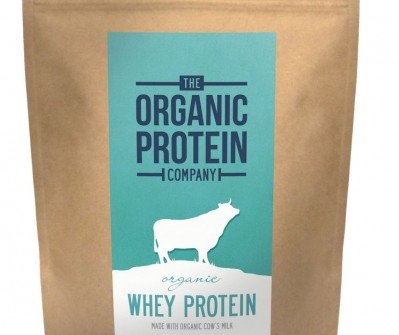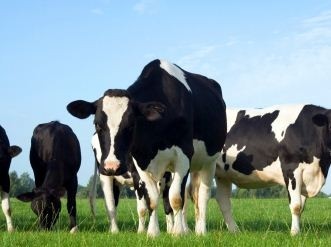Organic dairy more economically beneficial than conventional dairy – US study
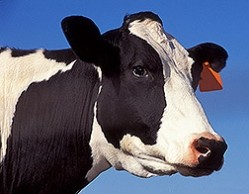
According to the Union of Concerned Scientists (UCS) Food and Environment Program study, Cream of the Crop - The Economic Benefits of Organic Dairy Farms, organic dairy farms have a greater economic impact than conventional dairy farms.
The UCS Food and Environment Program collected financial data from organic and conventional dairy farms in Vermont and Minnesota, where the organic dairy farm sector is “prominent.”
The economic value of each state’s organic dairy farms was measured using several factors, including the value of organic milk production in the state, gross state product, and labour income.
Greater economic impacts
According to the study, Vermont’s 180 organic dairy farms has maintains 1009 jobs, contributes $76m in output and $34m in gross state product, and generates $21m in labour income.
While Minnesota-based organic dairy farms contribute $78 in output, $32m in gross state product, $21m in labour income, and sustain 660 jobs.
As well as collecting organic dairy farm data, researchers from the UCS Food and Environment Program also compared the relative economic impact of conventional and organic farms.
“We also compared the relative economic impacts of conventional and organic farms in these two states by asking which of the organic and conventional farm sectors provide greater economic impacts with their states when both experience the same hypothetical level of increased sales,” said the report.
In Vermont, an increase in organic dairy farm sales revenue resulted in a 3% increase in the state’s output, a 39% increase in labour income, and a 33% increase in gross state product relative to an equivalent conventional dairy farm sales revenue increase.
“We found that increased sales from organic dairy farms in Vermont and Minnesota lead to greater economic impacts in those states when compared with the results of an equivalent level of sales from conventional dairy farms,” said the report.
‘Get big or get out’
Under US Department of Agriculture (USDA) guidelines, organic dairy must come from cows that graze on pasture for the entire length of the growing season, eat organically grown feed, and are not treated with hormones or antibiotics.
Many studies have shown that organically-raised cows produce milk with more nutritious fatty acids. As a result of these claims, organic dairy products have “experienced significant growth in consumer demand over recent years.”
According to the UCS report, this increased demand has created an alternative for US farmers.
“The development of the organic dairy sector has provided an alternative for farmers who do not want to ‘get big or get out’. It helps maintain regionally based milk production by preventing smaller pasture-based dairies from going out of business; many small organic dairy farmers believe they would no longer have a farm had they not been able to convert,” the report added.
(*Register here for free access to the first ever online event devoted to Operational Efficiency in food and beverage processing on November 29, organized by our sister site FoodProductionDaily.com and William Reed Business Media.)
